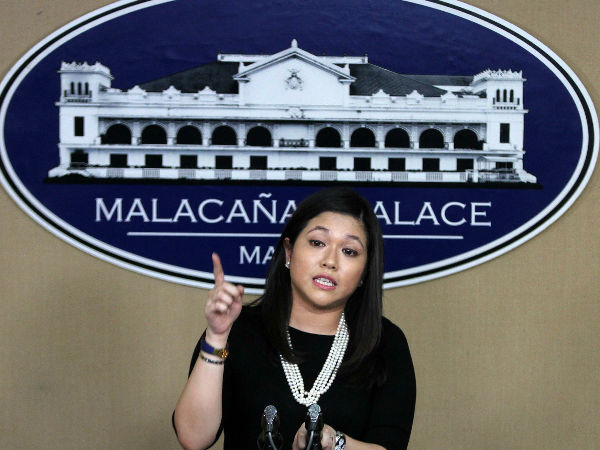The government has not issued an advisory against travel to South Korea despite the outbreak of the dreaded Middle East respiratory syndrome (MERS) in the north Asian country, according to Malacañang.
Deputy Presidential Spokesperson Abigail Valte on Monday said Filipino travelers were instead “reminded to take the usual health precautions” against the killer disease.
Philippine nationals bound for South Korea are also reminded to “heed the local advisories issued by the authorities of the host country,” she told the Inquirer.
About 100,000 foreign travelers have reportedly canceled their trips to South Korea due to the MERS outbreak, causing widespread fears and rumors.
Philippine Ambassador to Seoul Raul Hernandez reported Monday that all the 52,000-plus Filipinos based in South Korea were “safe from MERS.”
He told a radio interview that there had been no reports from the South Korean government concerning MERS cases in the Filipino community.
Seoul reported on Sunday the country’s 15th death from the virus that has reportedly infected at least 145 people and placed more than 4,850 others under quarantine.
Presidential Communications Secretary Herminio Coloma Jr. said some local state-run hospitals like the Research Institute for Tropical Medicine (RITM) in Muntinlupa City were ready to handle MERS cases.
The country is “fully prepared to thwart and contain MERS,” he said, noting that the government “has put in place all the necessary preventive measures, including contact-tracing and other infection control protocols to isolate those enabling symptoms” of the virus.
Local authorities, he said, have the “necessary awareness and capability” to deal with any virus-related emergency or alert situation.
Coloma quoted Health Secretary Janette Garin as saying the Philippines “remains MERS-free.”
Meanwhile, a group of pharmaceutical and healthcare firms in the country on Monday expressed support for the DOH efforts to prevent the entry of MERS into the Philippines.
The Pharmaceutical and Healthcare Association of the Philippines (PHAP) said it has contingency measures in place that would ensure the availability of life-saving medicine and vaccines in case a health crisis arose.
“As an industry that is at the forefront of fighting diseases, we are prepared to work closely with the DOH and other agencies concerned in times of health outbreaks and emergencies,” said PHAP executive director Teodoro Padilla.
